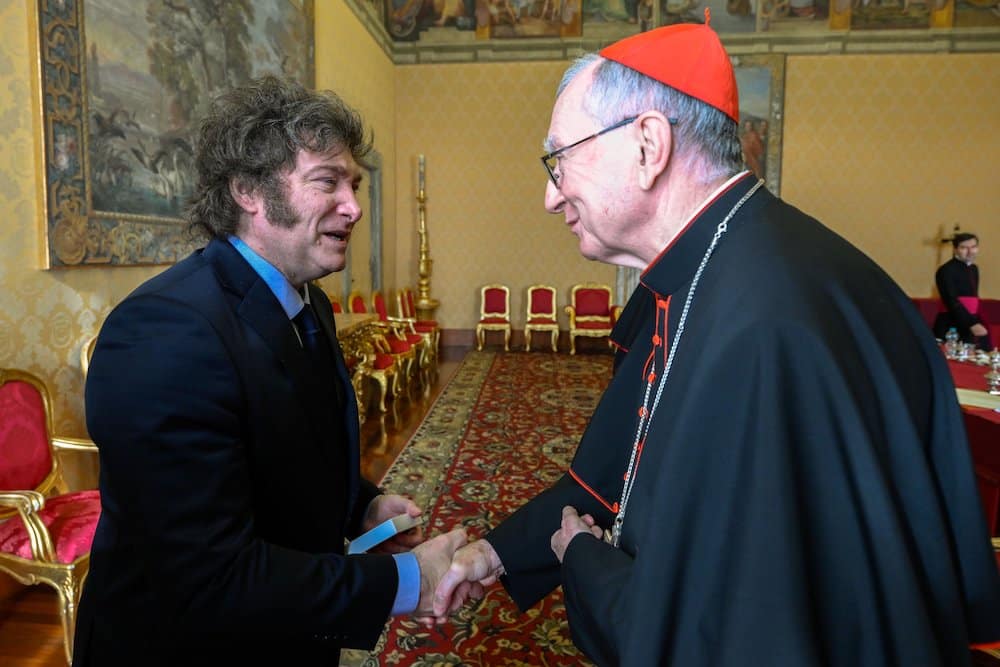Pope Francis, a figure emblematic of humility and compassion, carries within him the vibrant essence of his homeland, Argentina. This rich tapestry of culture, history, and spirituality has indelibly shaped his outlook on faith and leadership. To understand this pope, one must delve into the profound implications of his Argentine roots, exploring how they inform his Christian perspective and how they resonate within the universal Church.
Born Jorge Mario Bergoglio in the bustling city of Buenos Aires, Pope Francis is not merely a clerical leader but a mosaic of diverse influences. Argentina, a land of contrasts, is a potent backdrop for his narrative. The fusion of Italian, Spanish, and indigenous cultures creates a unique environment that nurtures both resilience and creativity. It is within this kaleidoscope that Francis emerged, embodying the struggles and aspirations of many Argentinians. His formative years in this vibrant locale imbued him with a deep sense of social justice, a theme that pervades his papacy.
Buenos Aires itself, with its eclectic neighborhoods, is a reflection of the diverse community that Francis acknowledges. The echoes of the tango dance through the streets, a testament to the Argentine spirit—a juxtaposition of passion and sorrow, reminiscent of the Christian journey of suffering and redemption. The emotive power of dance parallels the spiritual rhythms inherent in the Gospel. Such a backdrop creates an intriguing metaphor illustrating how the ethos of community and solidarity is vital for Francis, as well as for the Church he leads.
One cannot explore the Argentine roots of Pope Francis without acknowledging the nation’s tumultuous history. The shadows of political unrest, particularly during the Dirty War, instilled a profound awareness of human rights and the plight of the marginalized within Francis. His commitment to social issues, humanitarian aid, and the marginalized draws from the ethos of his homeland. He perceives the Church not merely as an institution but as a vessel of hope—a refuge for those who have been cast aside, much like the innumerable souls lost to Argentina’s historical strife.
In his approach to leadership, Pope Francis often emphasizes the importance of humility—a virtue deeply embedded in Argentine traditions. The concept of “servant leadership” resonates through his actions, as he prefers to walk among the people rather than dwell in the opulence typically associated with papal authority. His choice to forgo the elaborate papal garb in favor of simpler vestments evokes a powerful imagery. It highlights the Christian call to humility, much like that of Christ, emphasizing that true strength lies in gentleness and service, rather than power or prestige.
Moreover, Francis’s Argentine heritage profoundly influences his theological perspective. He draws inspiration from the teachings of Latin American theologians who advocated for liberation theology. This theological framework prioritizes the needs of the poor and underprivileged, challenging the Church to become a catalyst for social change. The notion that faith must manifest in action, particularly in advocating for justice and equality, aligns seamlessly with the core tenets of Christianity. In many ways, Francis embodies the prophetic voice of his homeland, calling for a Church that values action over intellectualism.
In his encyclicals, such as “Laudato Si’,” Pope Francis expands upon these themes, urging the global community to engage in environmental stewardship and social responsibility. His Argentine roots contribute to a holistic understanding of the interconnectedness of humanity and creation. Just as the varied landscapes of Argentina—from the majestic Andes to the fertile Pampas—interrelate to form a beautiful and complex ecosystem, so too does Francis advocate for an integrated approach to addressing global issues. Here, the metaphor of interconnectedness serves as a poignant reminder of the shared responsibility borne by every Christian.
Furthermore, the spirituality of the Argentine people plays a significant role in shaping the Pope’s understanding of faith. The deep devotion found in the streets of Buenos Aires—expressed through vibrant religious festivals, practices, and rituals—reflects a passionate, unyielding love for God. Francis embodies this fervor, often reflecting on the transformative power of faith within everyday life. His emphasis on a personal connection with Jesus Christ resonates deeply, echoing the experiences of many Argentinians whose faith serves as a cornerstone of their existence.
Pope Francis’s Argentine identity also serves as a bridge to a greater dialogue within the Church, reaching out to previously marginalized voices, including the indigenous peoples of South America. By embracing the cultural richness and spiritual wisdom of these communities, he advocates for their inclusion within the broader Catholic narrative. In recognizing the value of diverse experiences, Francis challenges the homogenization often observed within religious discourse, urging the Church to become a tapestry of voices, each contributing to the overarching narrative of salvation.
In conclusion, exploring the Argentine roots of Pope Francis reveals a profound interplay of culture, spirituality, and social consciousness. His journey from Buenos Aires to the Vatican embodies a commitment to embodying Christian values in a world fraught with division and suffering. The metaphors drawn from his homeland—of tango, humility, and interconnectedness—resonate deeply within the Christian mission. Pope Francis, in drawing from the vibrant legacy of Argentina, highlights the potential for faith to inspire change and foster solidarity among individuals, communities, and the world. His papacy serves as a reminder that one’s roots can shape not just personal identity, but also a universal call to love, justice, and reconciliation.



